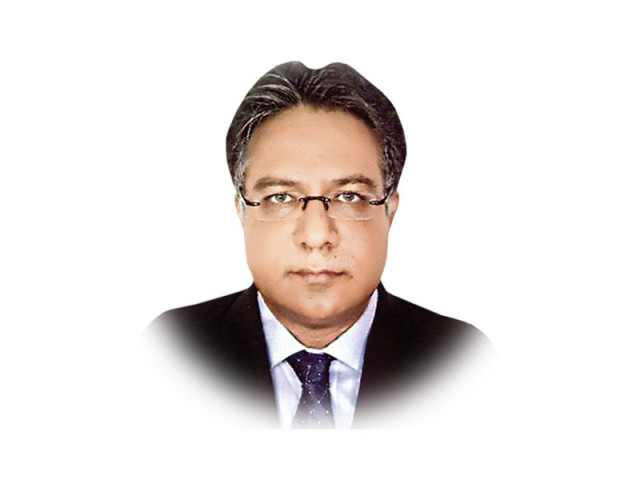Regulating private schools
Medium of instruction in all schools in province would be changed from Urdu to English in five years, says Minister

Regulating private schools
Replying to a question by Nighat Nasir Shaikh of the PML-N, the education minister told the house that with a World Bank grant of $400 million, 70 per cent of government schools had been upgraded and 1,482 schools would be upgraded this fiscal year. The minister said that the medium of instruction in all schools in the province would be changed from Urdu to English within the next five years. And, he said, a syllabus developed by experts was being introduced in private schools as well, and soon all schools would have the same curriculum.
The education minister, who is the son of the astute former mayor of Lahore Mian Shujaur Rehman, is good at question hour. He answers questions confidently about the five or six departments he is looking after. But behind the pretty facade he painted about school education in the province, lies the ugly truth that the people no longer rely on the government for schooling.
In Punjab, like in other parts of the country, private schools are a multi-billion rupee industry. They offer schools for the poor (fee Rs200 a month) and the rich (up to Rs60,000 per month). Private education is flourishing in all cities and towns of the province. Only the rural population relies on government schools now.
The private sector is also making a mark in higher secondary and college education. Just a few years ago, the public sector reigned supreme, but now even this territory is under threat. The numerous private colleges and universities set up in rented residential properties are testimony to this. The education minister tells us that the government has introduced a uniform syllabus and books in more than 70 per cent of private schools.
More than the syllabus, the problem with private schools is the fee structure and low quality of education. There have been several resolutions and discussion in the assembly on the unregulated nature of the private school business. But so far, there is no body to oversee and regulate these schools.
The government claims that it has an elaborate system of monitoring and registration. The system, it is claimed, envisages registration and inspection of curricula, building fitness, health standards and quality of faculty. It is clear from the situation on the ground that the government is either not coming clean on this issue or its system of monitoring and inspection is failing.
Most private schools operate from dingy, rented properties. The quality of faculty is usually low as the owner doesn’t want to pay more for a good teacher. And there is absolutely no check on their fees.
The schools are free to increase the fee however they see fit, with no forum provided for the parents.
It’s time to change the Punjab Private Educational Institutions (promotion and regulation ordinance) 1984, so that these businesses can be brought under some sort of oversight.
Published in The Express Tribune, March 8th, 2012.

















COMMENTS
Comments are moderated and generally will be posted if they are on-topic and not abusive.
For more information, please see our Comments FAQ